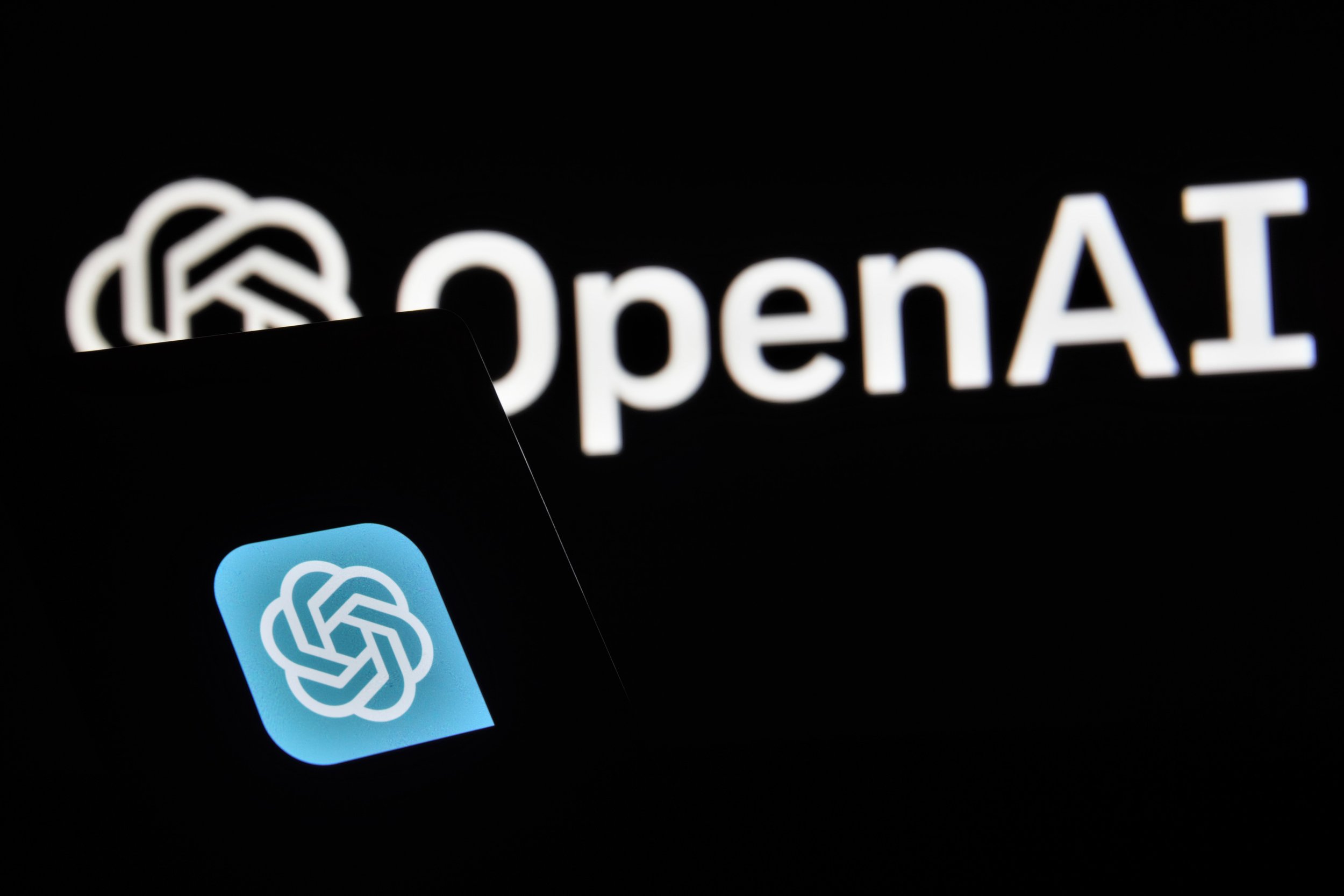OpenAI Set to Unveil Major Updates, Making AI Development More Affordable and Efficient
OpenAI is set to make significant updates targeted at developers, aiming to streamline the process of building software applications using its artificial intelligence models, according to sources informed about the plans. The key focus is to make it more cost-effective for developers, addressing concerns about the expense of utilizing OpenAI's powerful models. The costs for app makers could go down by up to 20 times with these updates, which include adding memory storage to developer tools.
The company also plans to unveil additional tools, such as vision capabilities, allowing developers to create applications with image analysis and description features. These innovations demonstrate OpenAI's ambition to transition from primarily a consumer-focused entity to a leading developer platform.
The updates will be revealed at OpenAI's inaugural developer conference on November 6 in San Francisco. The company aims to encourage more companies to leverage its technology to build AI-powered chatbots and autonomous agents capable of independently performing tasks.
Founded as a non-profit in 2015 by Elon Musk and CEO Sam Altman, OpenAI seeks to expand its influence beyond consumer applications. Despite its initial obscurity outside the tech industry, the company gained prominence with the launch of ChatGPT in November last year, becoming one of the world's fastest-growing consumer applications.
OpenAI aims for substantial sales growth, with expectations of reaching $200 million in revenue by the end of the year and $1 billion by 2024. However, the company needs help persuading external developers to integrate its technology into business applications. Altman's strategic vision includes making OpenAI an essential resource for companies developing apps.
The release of the stateful API is anticipated to significantly reduce company costs by remembering past conversation histories. This API could have a considerable impact on the expenses incurred by developers for using OpenAI's models. The company is also introducing a vision API, enabling software capable of analyzing images, aligning with its broader initiative to enhance multi-modal capabilities.
OpenAI faces competition and the diversification of AI models used by startups. Investors, having poured over $20 billion into AI startups this year, express concerns about the dependency of these startups on companies like OpenAI and Google, making them susceptible to replication by rivals or larger companies.
In the past, attempts like releasing ChatGPT plugins that let developers make apps within ChatGPT had trouble keeping developers interested. Altman agrees that more work needs to be done to help apps become more popular in the market.

